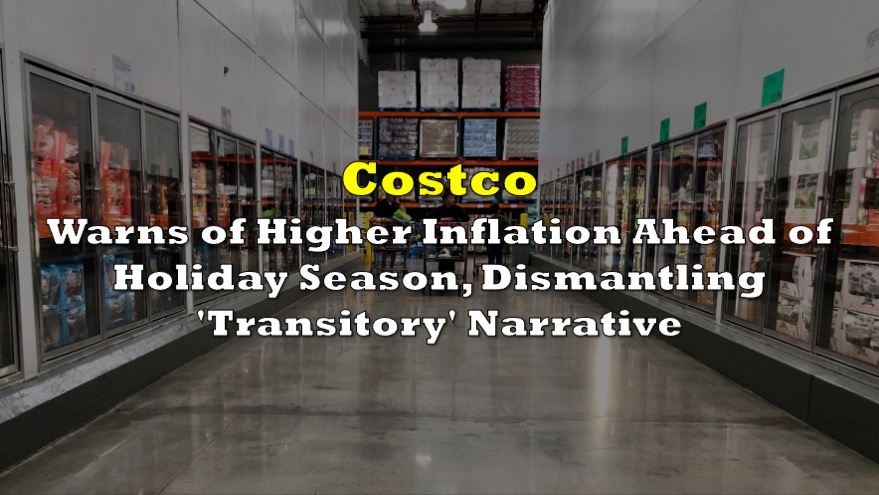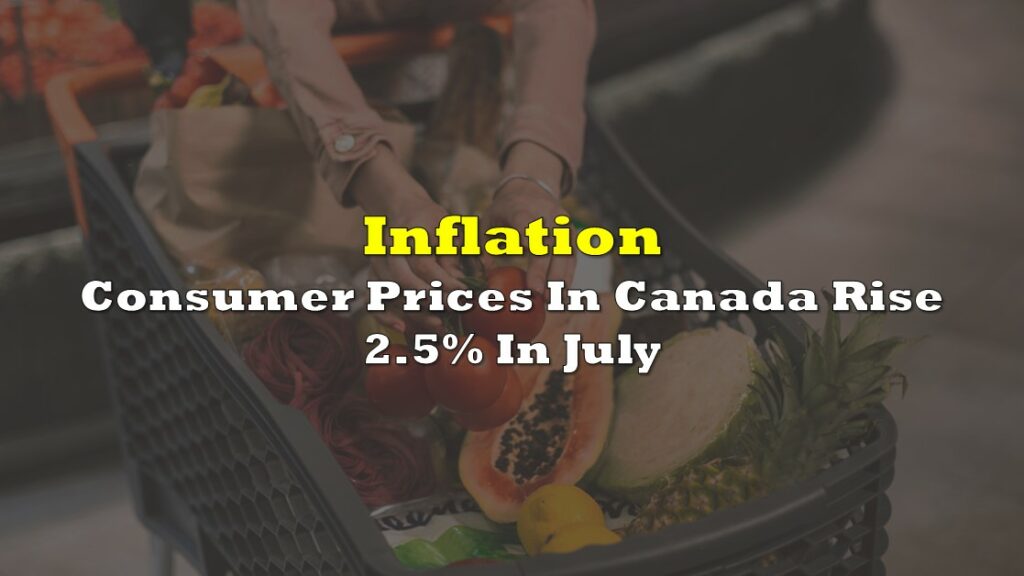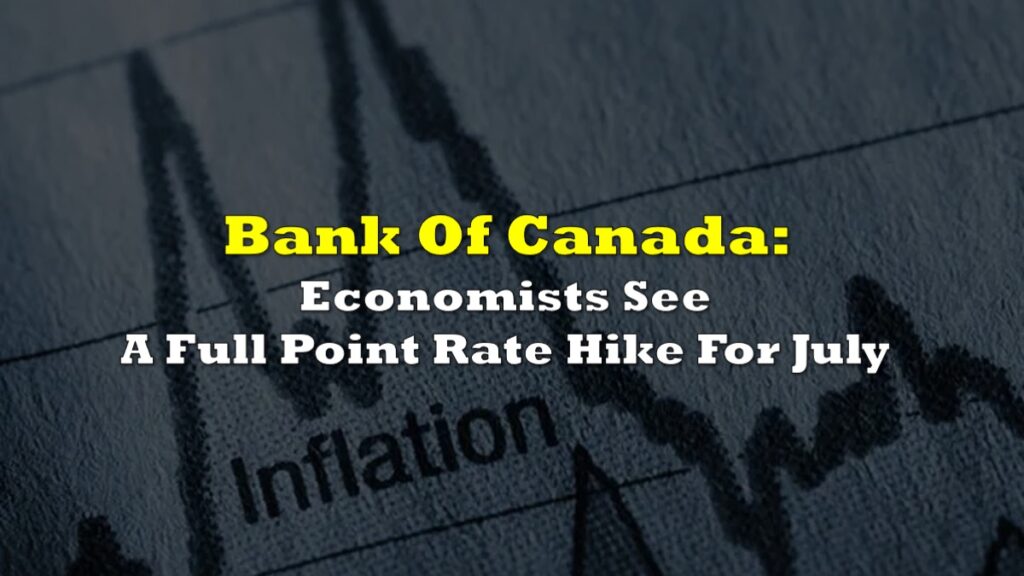Think price pressures stemming from the Covid-19 pandemic are just temporary? Think again.
Even more retailers have joined the already-exhausted and still-growing list of companies sounding the alarm of inflationary pressures that are a lot more than just ‘transitory.’ Just this past week, Costco Wholesale (NASDAQ: COST) announced that it is facing heightened shipping costs, and will be forced to hike prices throughout the upcoming holiday season.
According to a conference call with analysts, Costco’s CFO sounded the alarm of skyrocketing freight costs, which are becoming “permanent inflationary items,” alongside other “somewhat permanent” items such as rising labour costs, material shortages, and higher commodity costs. “We can’t hold on to all those,” Galanti explained. “Some of that has to be passed on, and it is being passed on. We’re pragmatic about it.”
Indeed, According to data from the Bank of America cited by CNBC, overseas shipping container costs have significantly ballooned since the beginning of the pandemic. A 40-foot container shipped from Shanghai to New York was priced at approximately $2,000 just over one year ago; now, that price tag has soared to around $16,000.
Providing further insight on the growing problem, Galanti said that inflation will likely hit anywhere between 3.5% to 4.5% across Costco’s products. In particular, he cautioned that paper product prices have jumped between 4% and 8%, while broad shortages of pet products and plastics have forced price pressures to escalate from 5% to 11%.
The increase in prices will certainly be felt by shoppers, particularly ahead of the busy holiday season. With Halloween, Thanksgiving and Christmas soon around the corner, major retailers are gearing up to pass along an increased proportion of higher costs onto consumers. A number of companies have indicated that consumers are still okay with taking on higher prices— but for how long— is the real money question.
The US government has pumped trillions of dollars into the US economy since the beginning of the pandemic, causing household wealth to swell significantly in the second quarter. But, the Fed this week finally admitted that inflation will be a lot higher this year than previously expected, signalling that monetary stimulus will likely be pulled back come November.
Information for this briefing was found via CNBC and the companies mentioned. The author has no securities or affiliations related to this organization. Not a recommendation to buy or sell. Always do additional research and consult a professional before purchasing a security. The author holds no licenses.









